Your cart is currently empty!


Fine Motor Freebie
Free Alphabet Building Mats
Strengthen fine motor skills and letter recognition with these FREE letter building alphabet mats for literacy centers, morning tubs, or early finisher activities!
⎯ Fine Motor ⎯
15 Fine Motor Tools for the Classroom
Share this Post
In the last decade, I’ve witnessed more and more students facing challenges with fine motor skills. Our little learners are spending more time swiping screens and less and less time coloring with markers, holding pencils, and mastering scissor-cutting skills. To counteract the increased time spent on devices, I try to incorporate as many fine motor activities in the classroom as possible. To boost engagement, as students strengthen fine motor muscles, I use a variety of common classroom supplies (that I already have on hand) as fine motor tools. Here are some of my favorite fine motor tools for the classroom and ideas for how to use them with your preschool and kindergarten students!

This post contains affiliate links for your shopping convenience. Any purchases made through one of our links earns us a small commission, at no extra cost to you. As an Amazon Associate, I earn from qualifying purchases. All creative ideas and opinions expressed are purely our own. Read our full privacy policy and disclosure for more information.
Fine Motor Tools
Gator Grabber Tweezers
These little gator shaped tweezers are one of my favorite classroom fine motor tools to use to develop the pincer grasp! They are perfect for picking up and counting small items, like with this “Count the Whipped Cream” activity.

These tweezers are also a must for these fine motor name builder mats. The students will use them to place pom poms, pony beads, and more as they spell out their name.

Plus, the students can use these “Gator Grabbers” to practice sorting by color with these free “Sort the Snowballs” sorting mats!

Hand Shaped Tongs
Similar to tweezers, hand-shaped tongs are another fun way to pick up, sort, and count small objects, as shown with this “Counting Tree” activity.

Your preschool and kindergarten students will enjoy using these adorable tongs, as they practice 1:1 counting, adding, and subtracting while playing this “Loose Tooth Race” game.

These tongs can also be used to practice sorting and counting skills with this “Counting Rainbow” mat.

Clothespins
Clothespins are a staple among the fine motor tools I use in my classroom. They can be used to practice a variety of skills, including identifying letters.

Using colored clothespins with these colorful turkeys involves a pinching motion between the thumb and fingers. This action helps strengthen the muscles in the hand and promotes precision in finger movements.

The students can practice ordering numbers 1-20, as they attach number cards to twine using mini clothespins in this “Orderly Ornaments” activity.

Clothespins can also be used to identify middle sounds, as seen below with these “CVC Tree” cards.

Pom Poms
Pom poms, of varying colors and sizes, are one of the most used fine motor tools that you will find in my classroom.
As you can see with these pom pom picture mats, sorting, transferring, or placing pom poms onto specific targets encourages hand-eye coordination, while picking them up involves using the pincer grasp.

Not only are pom poms useful for creating pictures, they also work well for measuring and comparing heights or lengths, as shown with this “Stack a Snowman” measurement activity.

These pom pom name mats can be used during morning tubs, center rotations, or as an early finisher activity to have students practice spelling their name, especially at the beginning of the school year.

Snap Cubes
Who doesn’t enjoy snapping and connecting snap cubes together to build various objects?! These actions help strengthen finger muscles, which are crucial for fine motor control and precision in hand movements.

A great way to incorporate snap cubes, while building number sense, is with this “Build a Snow Fort” activity or “Build a Burrow” activity!

Linking Cubes
Similar to snap cubes, Unifix cubes or linking cubes are also great for developing hand muscles as students snap, connect, and build.
One fine motor activity that uses linking cubes is this “Lincoln’s Lengthy Hats” activity.

First, the students order the hats from shortest to tallest. Then, they measure each hat using linking cubes.
Popsicle Sticks
Picking up and manipulating popsicle sticks, as with these “Build a Log Cabin” measurement mats, encourages precise handling and the development of the pincer grasp, where the thumb and forefinger work together. This fine motor skill is essential for tasks such as writing and using utensils.

Students can strengthen this fine motor skill, as they build sight words and high frequency words with mini popsicle sticks.

They can also use colored popsicle sticks to build letters with this “Turkey Builder” activity.

Paperclips
Paperclips are the best classroom fine motor tools to promote perseverance and fine motor strength! They often involve coordinating the movements of both hands. This bilateral coordination, as shown with this turkey feather counting activity, is essential for tasks that require the use of both hands simultaneously.

Similarly, this “Candy Cane Count” promotes the development of both sides of the brain, as the students add stripes to each candy cane with paperclips.

Hole Punchers
Hole punchers always seem to be one of my students’ favorite fine motor tools!
Holding the paper with one hand, while using a hole punch with the other, also encourages bilateral coordination. This coordination between the two hands is crucial for tasks that involve complex hand movements, such as with this “100th Day Punch Out” activity.

Students can strengthen fine motor skills by using shape punchers to punch 100 spots on this “100 Punches” booklet.

Pattern Blocks
Picking up and placing pattern blocks involves fine motor control and precision. As with these holiday pattern block mats, the students use their fingers to manipulate the blocks, encouraging the development of hand-eye coordination.

They can also build their name using pattern blocks with these pattern block name mats.

Building Bricks
Lego-like building bricks are absolutely essential fine motor tools for the K-2 classroom. Putting together the pieces helps develop hand-eye coordination and finger dexterity, while the building also aids in creativity and imagination!
To help the students easily learn the letters in their names and develop fine motor control, they can use building bricks with these name builder mats.

Building bricks are also a great fine motor tool for building sight words, during morning work, center rotations, and early finisher activities.

Link ‘N’ Learn Links
Link ‘N’ Learn Links, which can be used for not only building CVC words, are an extremely versatile fine motor tool for the classroom.

Aligning and linking the chain links requires hand-eye coordination, while connecting and disconnecting the links involves using the pincer grasp, where the thumb and forefinger work together.
The students can use the links to order the alphabet with this “Alphabet Gold Rush” activity.

Or, they can count and link the correct number of pieces onto each kite tail.

Play Dough
Play dough is a great sensory tool for the classroom that works to develop fine motor skills. Plus, who doesn’t love creating and manipulating play dough, especially as they build and practice 1:1 counting with this “Trim the Tree” activity?!

The students can improve fine motor strength, as they shape and mold the play dough to form each colored rainbow on these rainbow mats.

Buttons
Buttons can also be used as a simple fine motor tool. Sorting and manipulating the buttons, as with these “Colorful Buttons” snowman mats, involve a pinching motion between the thumb and fingers. This action helps strengthen the small muscles in the hand and promotes precision in finger movements.

Another way to strengthen fine motor muscles with buttons is with this “Button Count” activity, where students place the appropriate number of buttons on each gingerbread man.

Beads
The act of picking up and lacing individual alphabet beads on to kite tails to spell sight words promotes finger strength and hand-eye coordination. The resistance provided by the beads against the lace or string helps build muscle strength, contributing to improved dexterity.

Students can also spell words with alphabet lacing beads using these sight word builder mats.

Plus, they can strengthen the small muscles in their hands, as well as sorting skills, by stringing pony beads onto pipe cleaners with this “Colorful Hearts” activity.

Stickers
And last, but certainly not least… Stickers are always favorite classroom fine motor tools among students! Peeling and sticking mini stickers on this 100th Day sticker mat is great for exercising and building pincer muscles in little fingers.

Dot stickers can be used to enhance fine motor control and 1:1 counting, as the students count and stick the correct number of “ornaments” on the tree.

More Fine Motor Activities
Learn how to use these fine motor tools with these fine motor name practice mats.

Discover 20 Fine Motor Activities for January here!

You might also like these 20 Fine Motor Activities for February!

And 20 Fine Motor Activities for March!

DON’T FORGET IT… PIN IT!


Share this Post

Ashley Sharp
As a dedicated Kindergarten teacher for nearly 20 years, I believe the words “fun, play, and creativity” can sit right alongside the words “developmentally appropriate, engaging, and rigorous.” Learning is meant to be fun and messy!


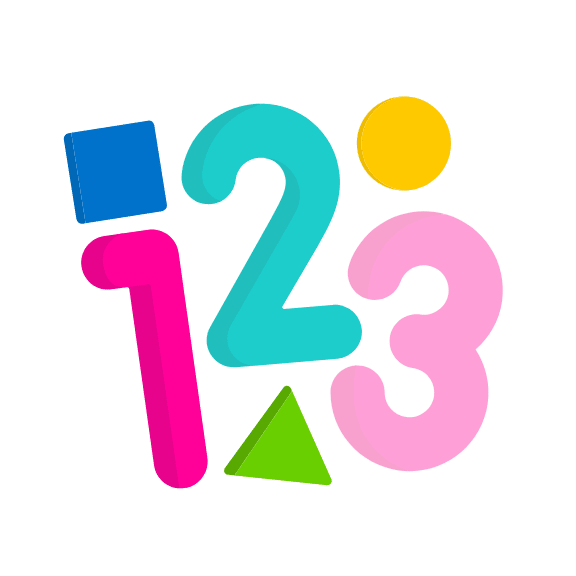

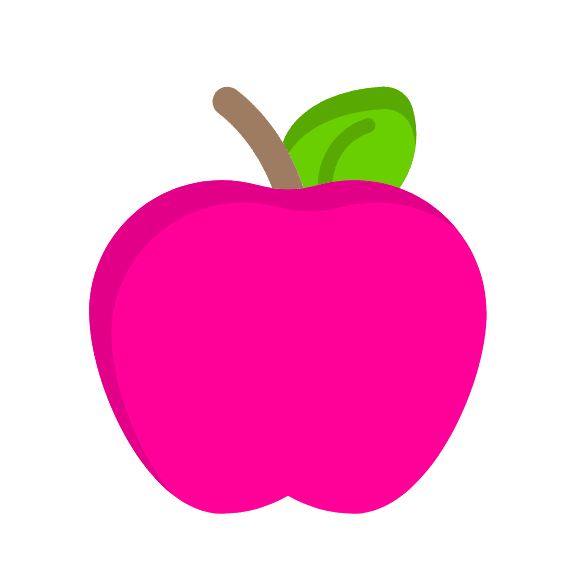



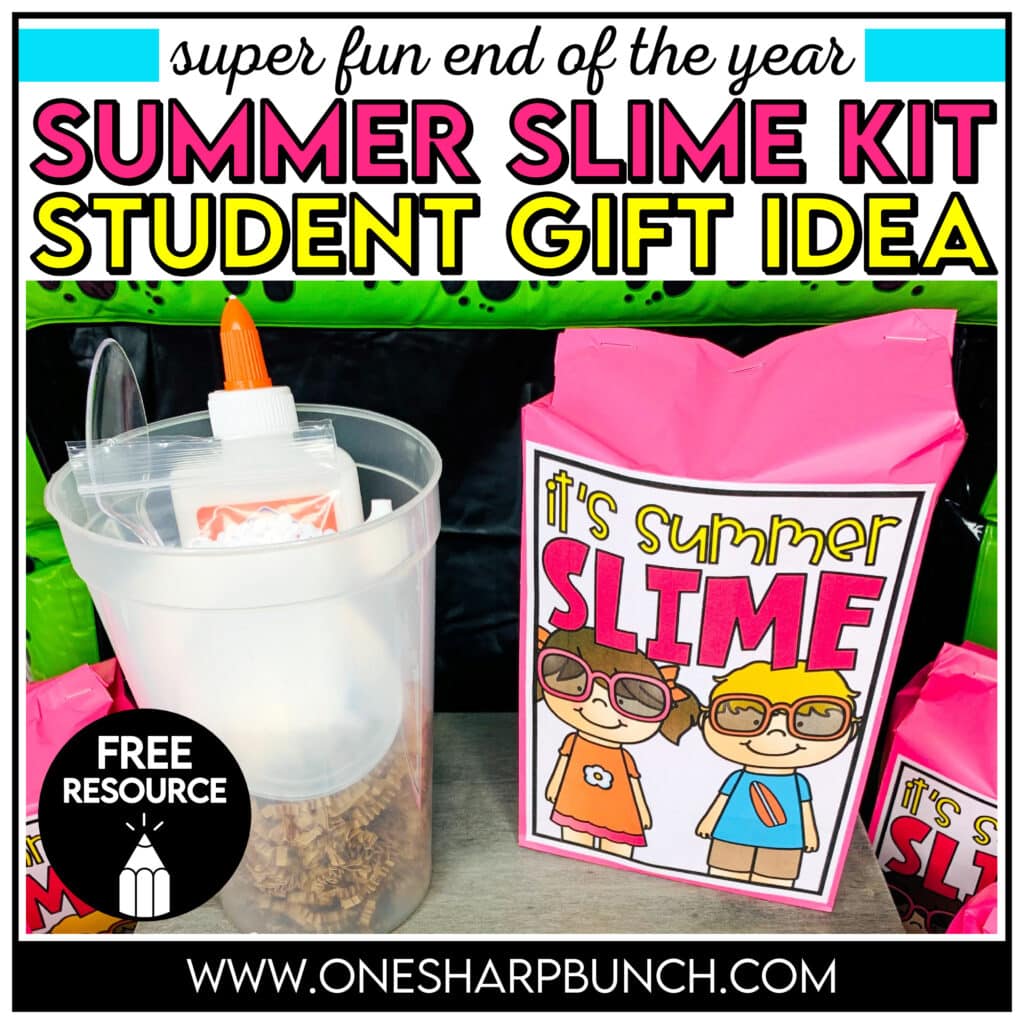
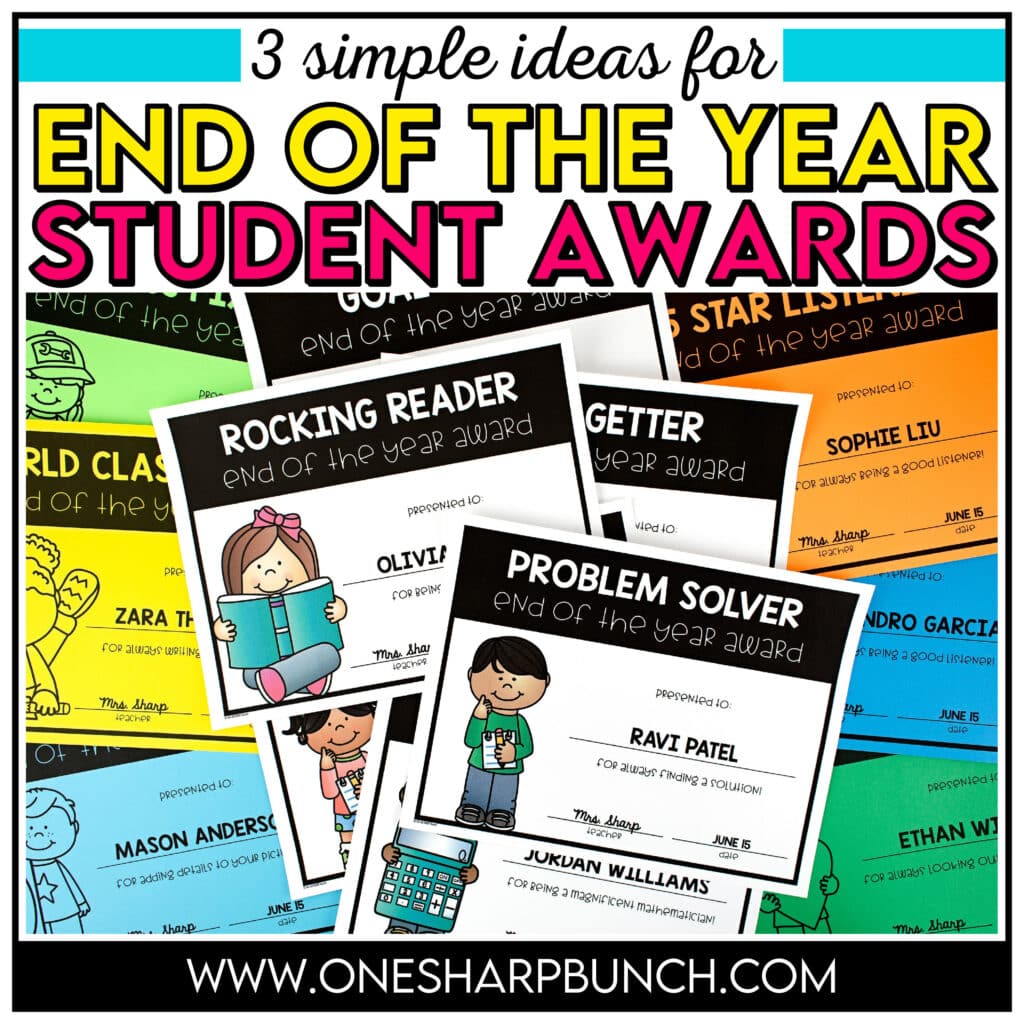
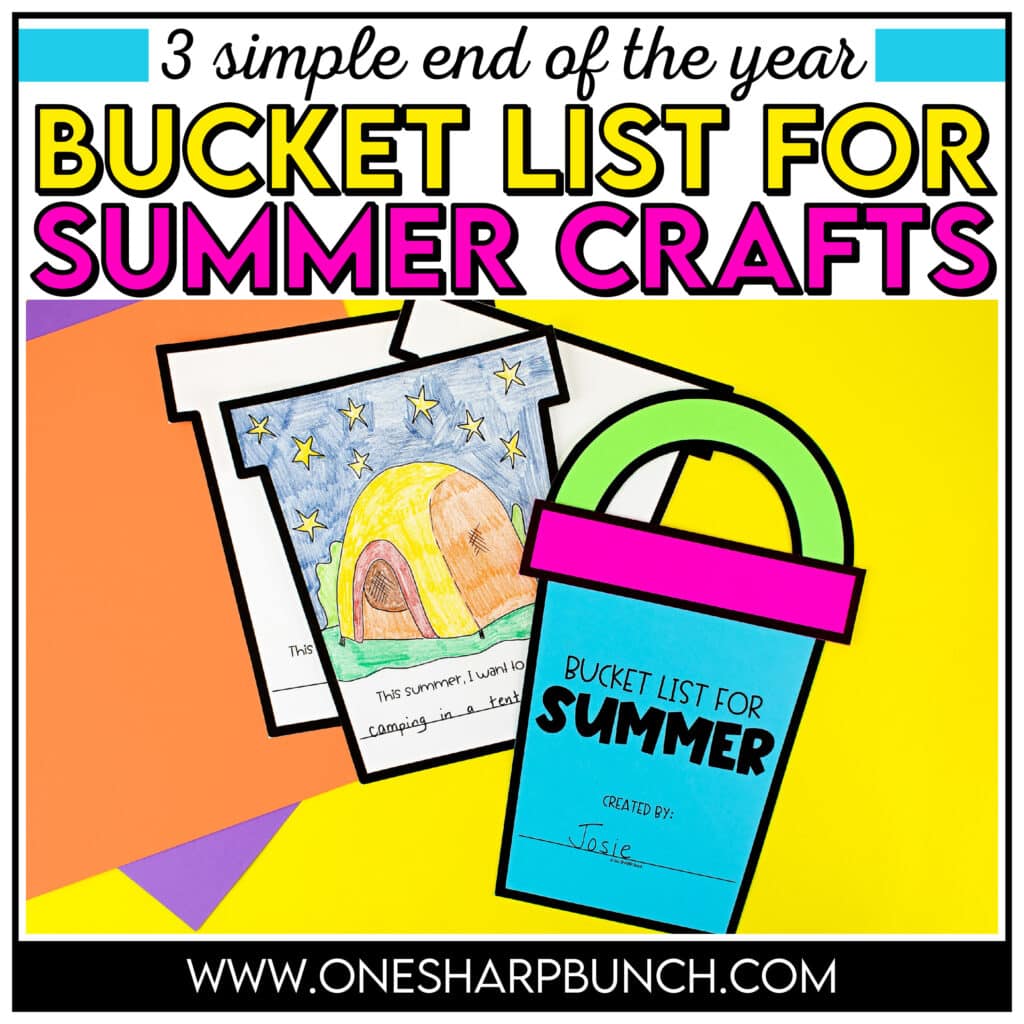
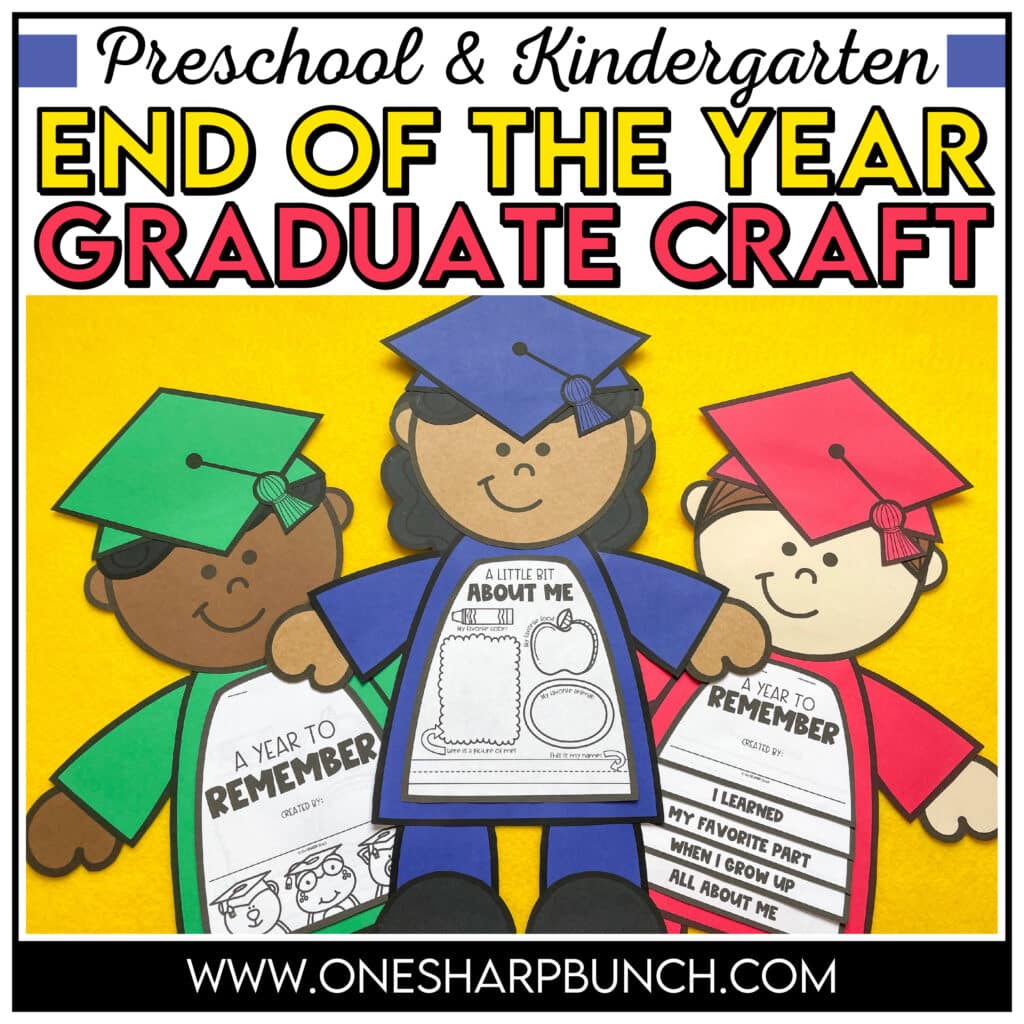
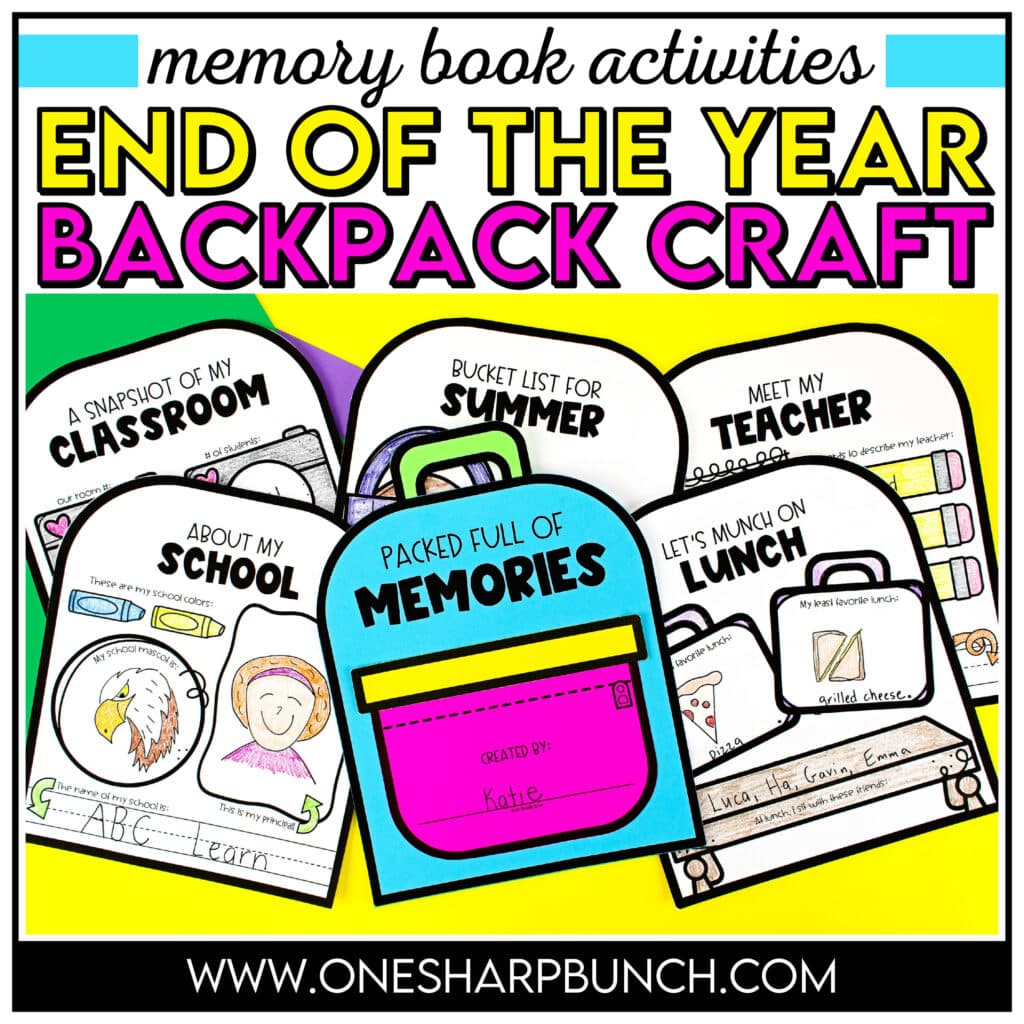
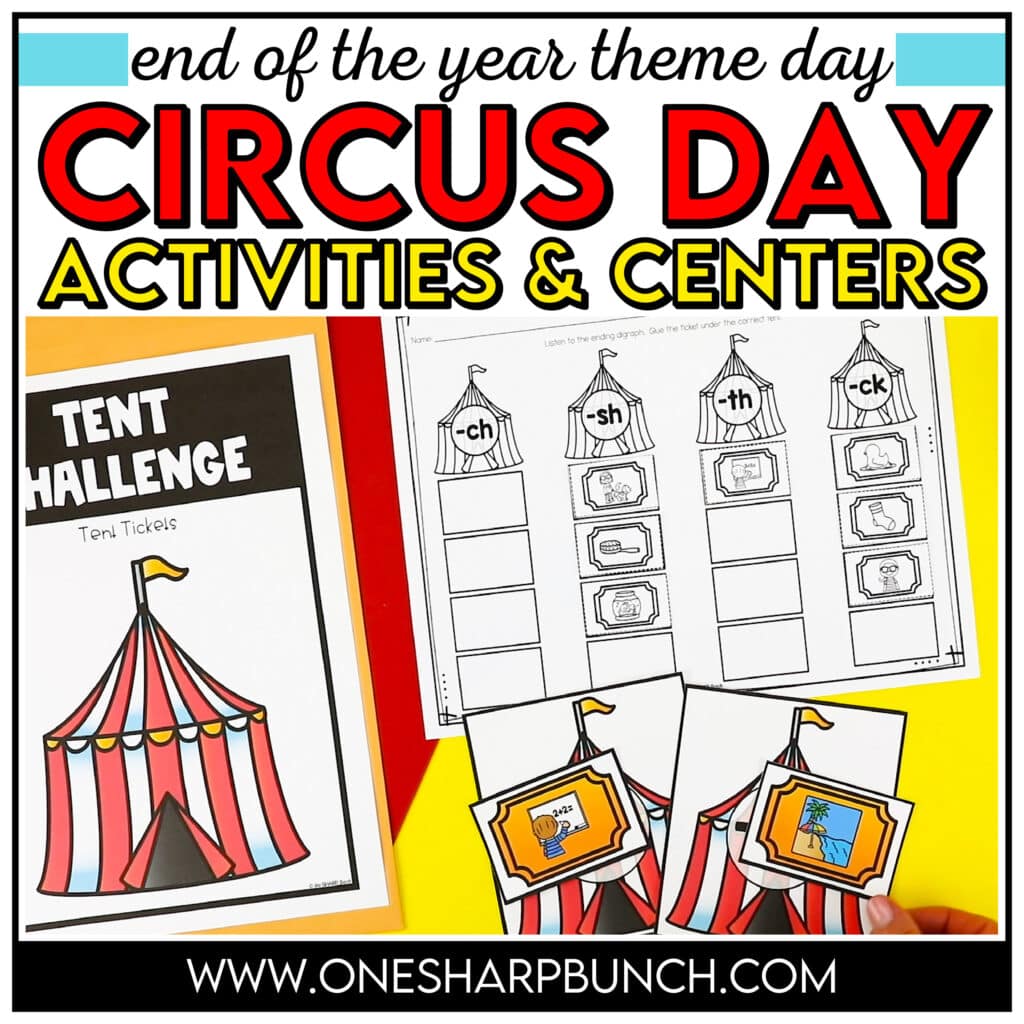
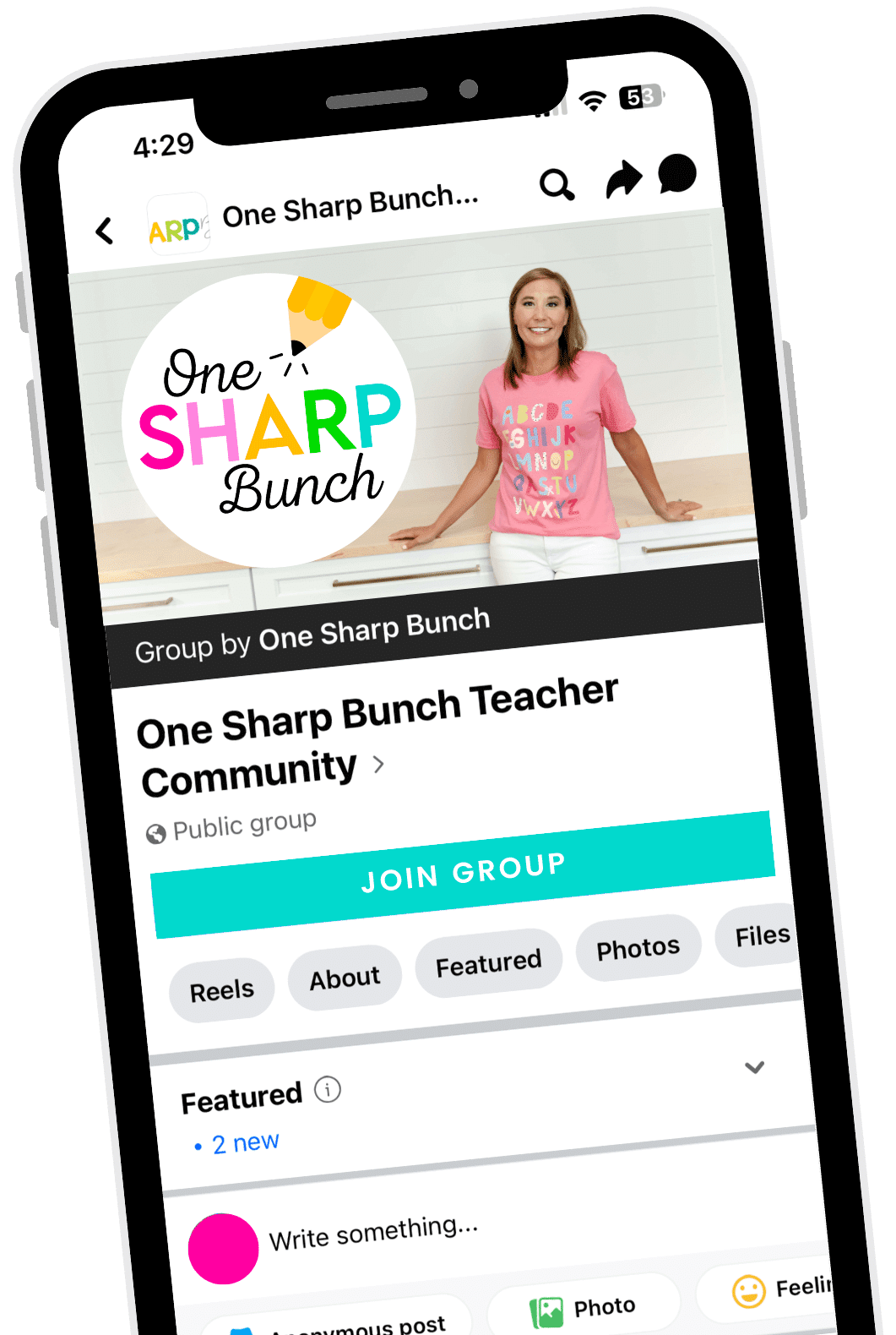


Leave a Reply